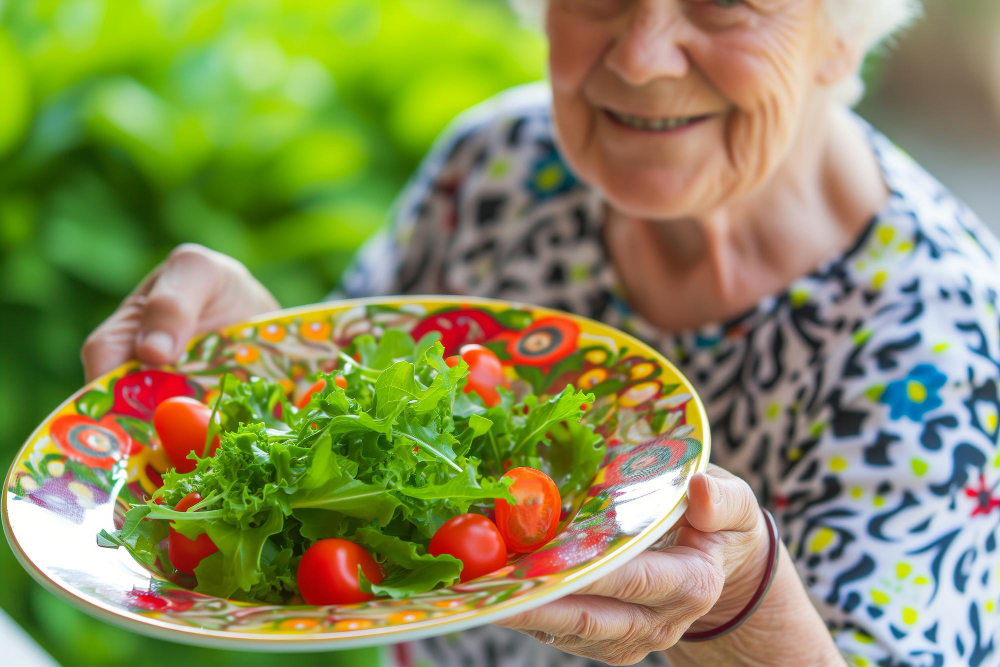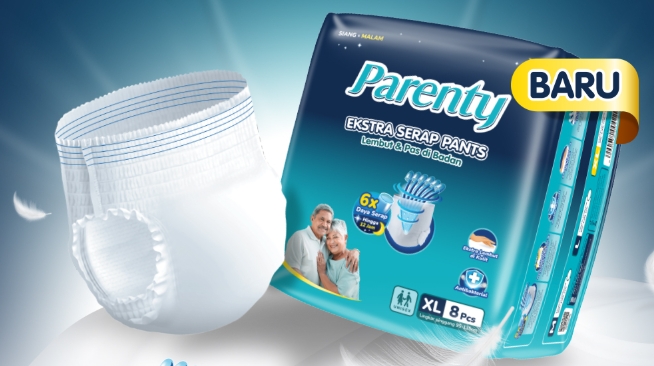The nutritional needs of older adults are crucial to maintaining their health and quality of life in old age. While nutritional needs may vary between individuals depending on factors such as health condition, physical activity and lifestyle, there are some general principles to consider when developing a healthy diet for the elderly.
Essential Nutrients for the Elderly that Must Be Met
Each individual has unique nutritional needs depending on their health condition and other factors. The elderly tend to have decreased metabolism and physical activity, so their need for energy may decrease. The elderly also have a risk of dehydration due to decreased thirst and decreased kidney ability.
Here are some essential nutrients for the elderly that must be fulfilled in daily life:
Protein
Seniors need protein for many reasons related to their health and body function. By meeting their protein needs, they are helping the elderly to maintain muscle mass, repair and build body tissues, support bone health, and support nutritional needs and brain function.
Calcium
Calcium has several important functions for the elderly, especially in relation to bone health and overall body function. Besides being great for bone health, calcium also plays an important role in regulating muscle contractions, maintaining electrolyte balance, supporting heart contractions, enzyme and hormone function, blood clotting and preventing the risk of chronic diseases.
Vitamin D
Vitamin D has a range of important benefits for older adults, particularly in relation to bone health, the immune system and general health. In addition, vitamin D can also prevent osteomalacia, improve brain function, immune system, heart health and enhance nutrient absorption.kegu
Vitamin B12
Seniors need vitamin B12 for several reasons that are critical to their health and bodily functions. It maintains healthy nerve function, nourishes red blood cells, energy metabolism, maintains cognitive, immune and digestive tract function in the elderly.
Omega-3
Seniors need omega-3 as an essential nutrient for many reasons related to their physical and cognitive health. The benefits of omega-3 for older adults include supporting heart health, maintaining brain health and cognitive function, reducing inflammation, maintaining healthy eyes, bones, skin and improving mood and mental well-being.
Fiber
Fiber is an important nutrient for older adults for many reasons related to digestive health, heart health, weight control and blood sugar regulation. It also prevents colon disease, lowers the risk of chronic diseases and maintains a balanced gut microbiota.
Antioxidants
Antioxidants are important for older adults as they help fight the oxidative damage that occurs in the body as we age. Antioxidants also help protect against cell damage, maintain brain health, prevent heart disease, reduce the risk of cancer, maintain eye and skin health, and boost immune function.
So, those are 7 important nutrients that can fulfill the nutritional needs of the elderly. Make sure your daily diet includes these nutrients. Besides being good for the health of the elderly, foods that contain these nutrients can improve quality of life. (Aq/PRT)









